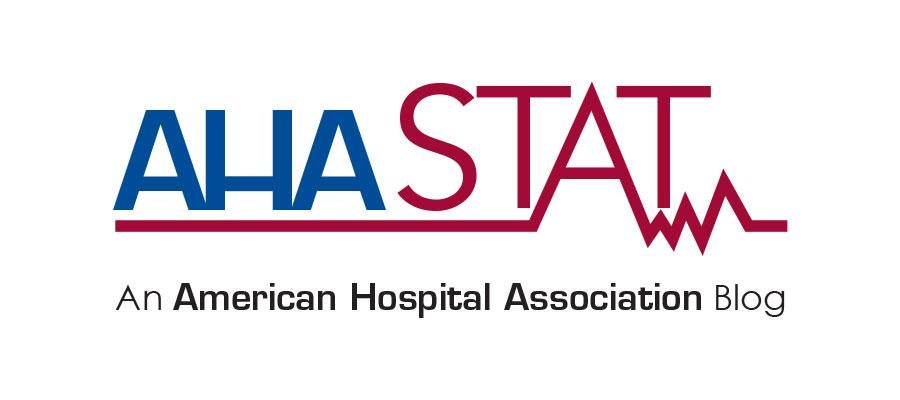Social Isolation and Loneliness: Understanding a Mental Health Crisis

Exploring and developing a better understanding of the social determinants of health is becoming standard in medical education and training. Social isolation and loneliness are important social determinants of physical and mental health that we, as a society, need to pay attention to and develop ways to mitigate their deleterious effects. There is increasing awareness and improved comprehension of the negative impact of social isolation and loneliness on mental and physical health.
Social isolation can be described as a deficit in a person’s actual social network or relationships (de Jong-Gierveld J et al.2006); loneliness refers to the negative and unpleasant feelings that arise from the difference between a person’s desired and actual social network or relationships (Peplau & Perlman 1982). Social isolation can be measured objectively, while loneliness, by definition, is subjective.
Social isolation and loneliness frequently co-occur but can also occur separately; both are associated with increased morbidity and mortality across all age groups, with worse health outcomes in mental, cardiovascular and neurological health. Perhaps most significantly, both are associated with an almost 30% higher rates of premature death (Holt-Lunstad et al. 2015). To put it bluntly, the data tells us one stark fact: Social isolation and loneliness are more harmful than smoking 15 cigarettes a day (Holt-Lunstad et al. 2010).
The 2023 U.S. Surgeon General’s Advisory on the Healing Effects of Social Connection and Community details the gravity of these effects. It challenges us to view the negative impact of social isolation and loneliness, not only on the individual but also at the community level.
Individuals and communities feel different impacts based on individual, societal and structural factors. Individual factors include the presence of disease states, age, socioeconomic status, disability status and other factors that confer vulnerability. Societal factors include social infrastructures and community organizations, while structural factors include access to transportation, housing, health care access and coverage. Older adults have been shown to have the highest rates of social isolation (Kannan & Veazie 2023) but younger adults are more likely to report loneliness, with studies showing rates increasing yearly in younger adults in the past 40 years (Buecker et al. 2021).
The Surgeon General’s report provides a six-pronged approach to tackling this public health emergency, within which health care plays a vital role. Recommendations include teaching the impact of social isolation and loneliness on health and health outcomes in medical education and testing for this knowledge; developing health care systems that reward, including with reimbursement, physicians and other health care practitioners who spend quality time with their patients and family members providing education on the importance of social connectedness; and developing and implementing tools that accurately track metrics for social isolation and loneliness, thereby giving us a better understanding of the scale and how we can best intervene.
The goal of health care should be health -- not just treating states of disease. Failing to take into consideration the breadth of factors that impact an individual’s health is one of the reasons we have such significant health disparities. To bring about change and achieve our goal of good and equitable health outcomes, we will need our collective knowledge, experience and skills.
Azziza Bankole, M.D., DFAPA, is a professor of psychiatry at the Virginia Tech Carillion School of Medicine, the program director of the Geriatric Psychiatry Fellowship, and chief diversity officer.

